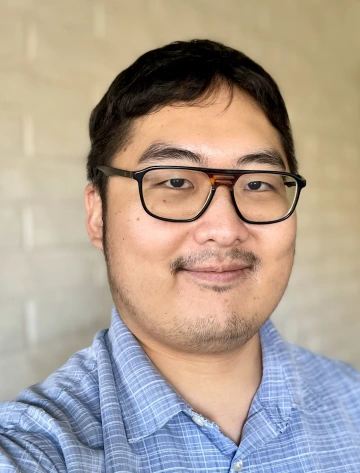Eonho Chang, University of Arizona

When
2025 TAP Graduate Student Research Prize Awardee, Eonho Chang, University of Arizona
Refreshments served at 3:00 pm in the 3rd Floor Atrium
Title: “Halfway to Rayleigh” and Other Insights into the Rossby Wave Instability
Abstract: The Rossby wave instability (RWI) is the fundamental nonaxisymmetric radial shear instability in disks. The RWI can facilitate disk accretion, set the shape of planetary gaps, and produce large vortices. It arises from density and/or temperature features, such as radial gaps, bumps, or steps. A general, sufficient condition to trigger the RWI is lacking, which we address by studying the linear RWI in a suite of simplified models, including incompressible and compressible shearing sheets and global, cylindrical disks. We focus on enthalpy amplitude and width as the fundamental properties of disk features with various shapes. We find analytic results for the RWI boundary and growth rates across a wide parameter space, in some cases with exact derivations and in others as a description of numerical results. Features wider than a scale height generally become unstable about halfway to Rayleigh instability, i.e., when the squared epicyclic frequency is about half the Keplerian value, reinforcing our previous finding. RWI growth rates approximately scale as enthalpy amplitude to the 1/3 power, with a weak dependence on width, across much of the parameter space. Global disk curvature affects wide planetary gaps, making the outer gap edge more susceptible to the RWI. Our simplified models are barotropic and height integrated, but the main results should carry over to more complex and realistic scenarios.
Unified Astronomy Thesaurus concepts: Hydrodynamics (1963); Astrophysical fluid dynamics (101); Planet formation (1241); Protoplanetary disks (1300)
Bio: I'm a fifth-year PhD student in Applied Mathematics working with Prof. Andrew Youdin. My research focuses on hydrodynamic instabilities in protoplanetary disks. In particular, I investigate the role of the Rossby Wave Instability in disk evolution and planet formation through theoretical models and numerical simulations. I'm also interested in applying advanced mathematical techniques to these problems and have worked with machine learning methods in dust-gas dynamics. I completed my Bachelor's in Astrophysics and Master's in Scientific Computing and Applied Mathematics at UC Santa Cruz.

